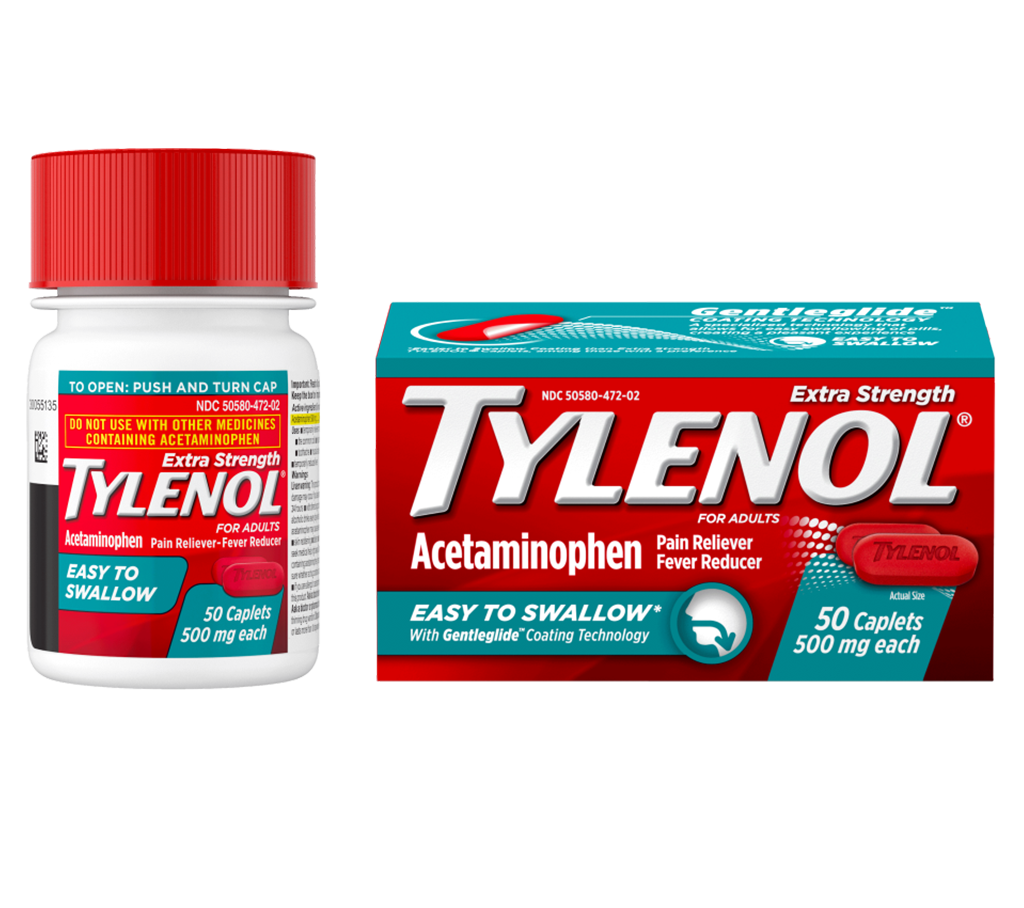What are the symptoms of swollen lymph nodes in the neck?
Swollen lymph nodes in the neck can present with several symptoms:
- Visible Swelling: Enlarged lymph nodes may be noticeable as lumps or bumps on the sides or back of the neck. They may vary in size and feel like small, firm nodules.
- Tenderness or Pain: The swollen lymph nodes can be tender or painful, especially when touched or pressed. The pain may also be a dull ache or throbbing sensation in the neck.
- Warmth and Redness: The skin over the swollen lymph nodes might feel warm and appear red if there is an infection or inflammation.
- Discomfort: You might experience general discomfort or a feeling of fullness or pressure in the neck area.
- Swollen Throat: The swelling of lymph nodes can sometimes cause discomfort in the throat or make it feel swollen.
- Difficulty Swallowing: Enlarged lymph nodes might put pressure on nearby structures, leading to difficulties swallowing or a sensation of obstruction in the throat.
- Systemic Symptoms: Depending on the underlying cause, there may be additional symptoms such as fever, chills, night sweats, unexplained weight loss, or fatigue.
- Localized Symptoms: If the swelling is due to a localized infection, there might be associated symptoms in the mouth, throat, or ears, such as sore throat, earache, or oral ulcers.
Persistent or severe symptoms, especially when accompanied by systemic signs or unexplained weight loss, warrant a medical evaluation to determine the underlying cause and appropriate treatment.
What are the causes of swollen lymph nodes in the neck?
Swollen lymph nodes in the neck can result from a variety of causes, including:
- Infections:
- Bacterial Infections: Common causes include strep throat, tuberculosis, and bacterial infections of the skin or sinuses.
- Viral Infections: Viruses such as those causing the common cold, influenza, mononucleosis (Epstein-Barr virus), and HIV can lead to swollen lymph nodes.
- Fungal Infections: Certain fungal infections, like histoplasmosis, can cause lymph node swelling.
- Dental Infections: Infections in the mouth or teeth, such as abscesses, can lead to swollen lymph nodes in the neck.
- Cancers:
- Lymphoma: Both Hodgkin lymphoma and non-Hodgkin lymphoma can cause lymph node enlargement in the neck.
- Leukemia: Certain types of leukemia can result in generalized lymphadenopathy, including neck lymph nodes.
- Head and Neck Cancers: Cancers such as throat, mouth, or thyroid cancer can spread to lymph nodes in the neck.
- Autoimmune Diseases:
- Lupus: Systemic lupus erythematosus can cause swelling of lymph nodes as part of the body’s immune response.
- Rheumatoid Arthritis: This condition can cause generalized lymphadenopathy, including in the neck.
- Inflammatory Conditions:
- Sarcoidosis: This inflammatory disease can lead to swollen lymph nodes, including those in the neck.
- Kikuchi Disease: A rare, self-limiting condition that causes cervical lymphadenopathy and fever.
- Injuries or Trauma: Trauma or injury to the neck or head area can result in swollen lymph nodes as part of the inflammatory response.
- Sexually Transmitted Infections (STIs): Certain STIs, such as syphilis or chancroid, can cause swollen lymph nodes in the neck.
- Medications: Some medications can cause lymphadenopathy as a side effect, including certain antibiotics and medications for epilepsy or autoimmune diseases.
- Other Conditions: Conditions such as hyperthyroidism or other endocrine disorders may also lead to swollen lymph nodes in the neck.
Persistent, painful, or rapidly enlarging lymph nodes, especially when accompanied by systemic symptoms such as unexplained weight loss, fever, or night sweats, should be evaluated by a healthcare provider to determine the underlying cause and appropriate treatment.
What is the treatment for swollen lymph nodes in the neck?
The treatment for swollen lymph nodes in the neck depends on the underlying cause. Here are common approaches based on different causes:
- Infections:
- Antibiotics: For bacterial infections, antibiotics are prescribed to target the specific bacteria causing the infection.
- Antiviral or Antifungal Medications: If the cause is a viral or fungal infection, appropriate antiviral or antifungal medications may be used.
- Over-the-Counter Pain Relievers: Medications like acetaminophen or ibuprofen can help manage pain and reduce inflammation.
- Cancers:
- Oncological Treatments: Treatment may include surgery, chemotherapy, radiation therapy, or a combination of these, depending on the type and stage of cancer.
- Palliative Care: For advanced cancer, palliative care focuses on relieving symptoms and improving quality of life.
- Autoimmune Diseases:
- Disease-Specific Medications: Treatment may involve immunosuppressive drugs or corticosteroids to manage the autoimmune condition causing the lymph node swelling.
- Inflammatory Conditions:
- Medications: For conditions like sarcoidosis or Kikuchi disease, treatment may involve corticosteroids or other anti-inflammatory medications to reduce inflammation.
- Injuries or Trauma:
- Rest and Cold Compresses: Resting the affected area and applying cold compresses can help reduce swelling and alleviate pain.
- Sexually Transmitted Infections (STIs):
- STD Treatment: Treating the underlying STI with the appropriate antibiotics or antiviral medications can help resolve the swelling.
- Medications:
- Review and Adjustment: If lymph node swelling is a side effect of medication, your healthcare provider might adjust the dose or change the medication.
- Supportive Care:
- Hydration and Rest: Preventing dehydration and ensuring rest supports the body’s healing process.
- Warm Compresses: Applying warm compresses to the affected area may help relieve discomfort.
It’s important to consult with a healthcare provider to determine the exact cause of the swollen lymph nodes and receive appropriate treatment based on the underlying condition. If the swelling persists, worsens, or is associated with other serious symptoms like significant pain, fever, or unexplained weight loss, further evaluation and treatment are necessary.

Leave a Reply
You must be logged in to post a comment.